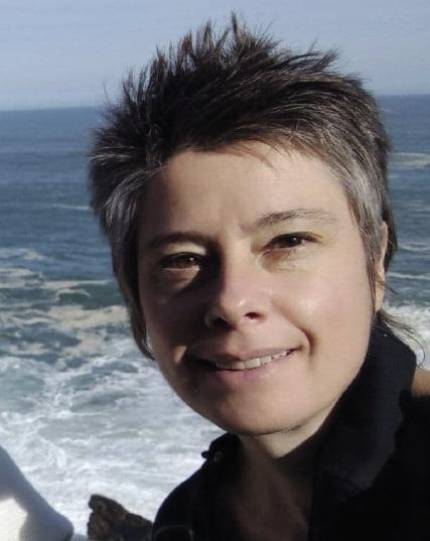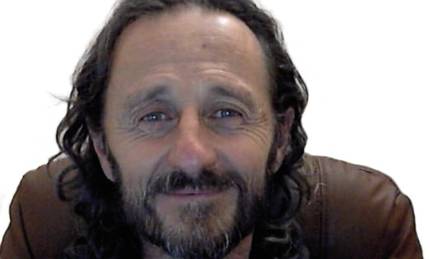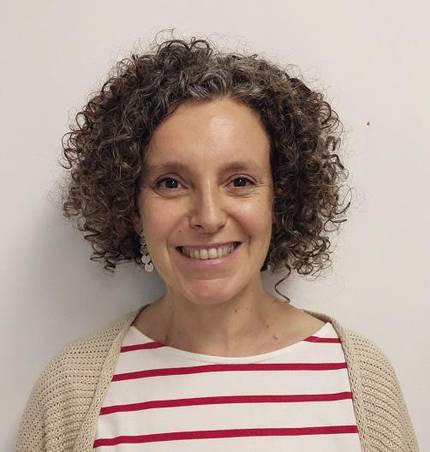Degrowth, threat or opportunity
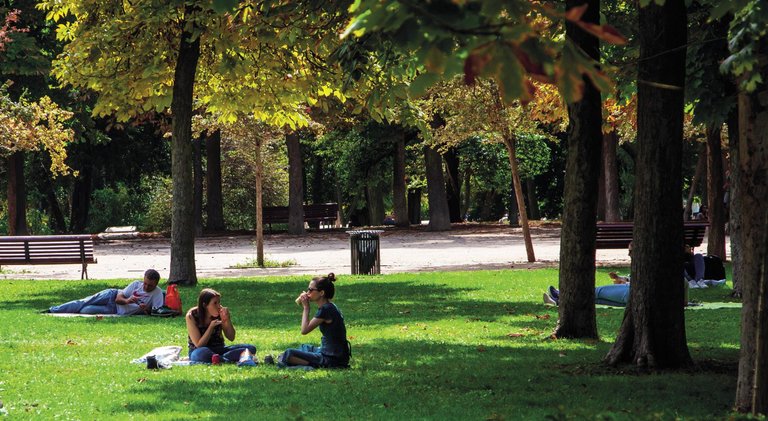
Scientists at the University of Colorado have recently proposed to start preparing society for deactivation. It is that forecasts suggest that economic growth in rich countries will slow down considerably: because the population ages, the productive economy moves from a system to a service system, because public and private debt is unsustainable... According to researchers, our time of continuous economic growth has been nothing more than a historical anomaly. Starting with the industrial revolution and giving their last breath before our eyes. It's about the most violent economic growth in human history.
To get out of the ecological collapse it has created, the contribution of green technologies is not enough. The potential of all low-carbon technologies has been analysed, and the more optimistic diffusion of these technologies would not be sufficient to meet projected energy demand by 2050. Degrowth is therefore a solution that society can consciously choose.
D. University of Houston According to Vollrath, an economist, the advances in human welfare have led to the decline of economic growth. In fact, the advancement of women in rights has led to a decrease in the birth rate and therefore in the labour force; and the increase in material goods has led to a shift towards the service economy. So if degrowth is caused by advances in human well-being, why understand it as a threat?
Colorado researchers believe that the problem or the opportunity, the decline, will bring great economic and social challenges and that, if unprepared, it can cause severe consequences. To begin with, in rich countries, this generation will be the first generation with less wealth than its parents.
We asked the economist Amaia Pérez Orozco, anthropologist Xabi Odriozola Ezeitza and architect Miren Vives Urbieta about the possibilities and challenges that growth can bring.
An unsustainable life
“We will inevitably learn to live with less. Reducing the use of matter, reducing energy and generating waste. There will be a metabolic disaster, yes or yes. It's not something we can choose," explains Amaia Pérez Orozco, Collective Economist XXK. “What is at stake is how it will be done, if we want to organize ourselves better and live better.”
And that is that we think we have a very narrow and unfair view of the economy. “We have to see that our current way of life aims to accumulate goods, but not welfare. And accumulation requires that others be removed necessarily. Eliminate those on the other end of the planet, steal welfare from future generations... and also take away life time from others, because in order to keep pace with working life, we cannot do jobs to maintain the own resources of life. We cannot adequately care for family members and relatives. These basic tasks must be performed by another person, consuming the lives of others. It is not a form of life that sustains itself.”
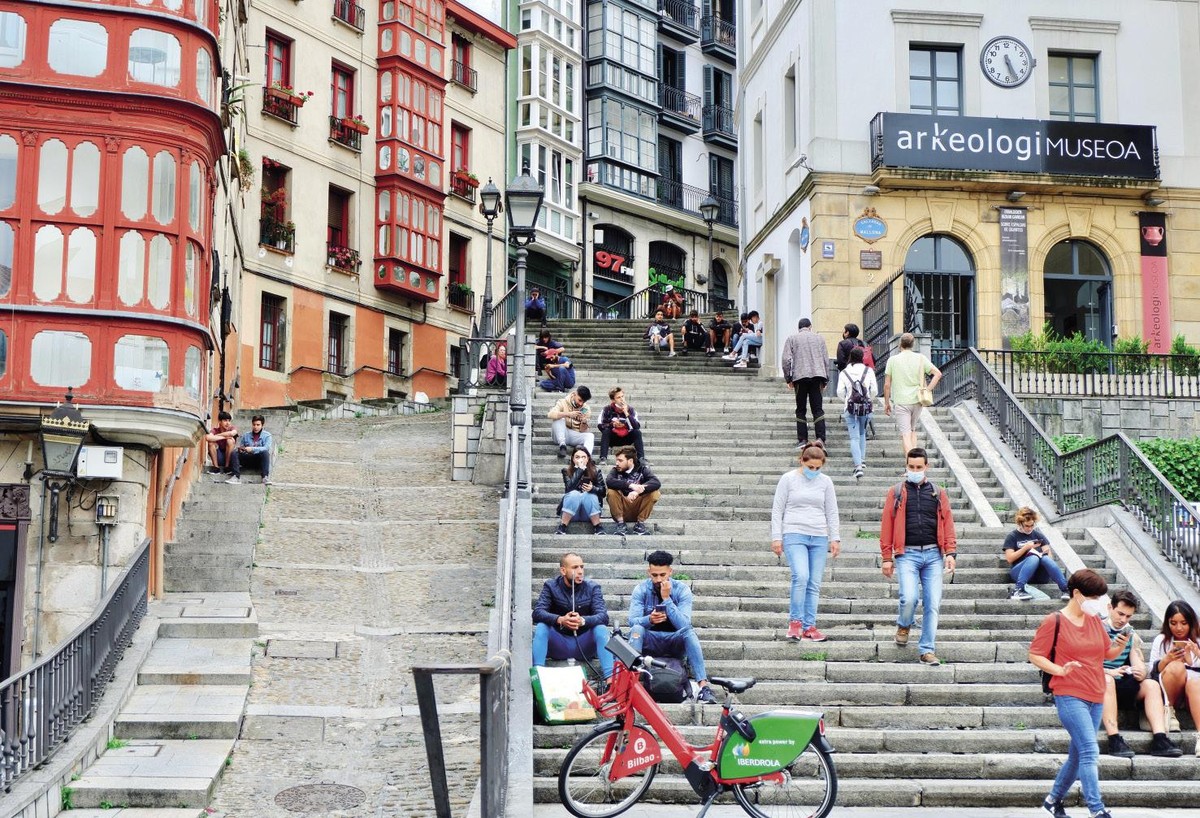
“We need a new economic organization,” says Pérez. “Half of the work done in society is done outside the market: for example, those tasks. We cannot continue to undervalue and ignore all this work. Guard works require energy and time. The new economic organization may not pay, but must cover all the processes necessary to maintain life. The present is losing life.”
Human well-being has little to do with wealth accumulation. Different studies show that social relationships, education, satisfaction with life, balance between work and personal life, commitment to society... It is important for society to rethink what human well-being is, because with the slowdown it may happen that paid work is not for everyone. Reduce weekly working hours and share work among all. You can ask for the restructuring of our life.
“We will have to completely reorganize the work,” Pérez believes. “First we have to think about what are necessary. But not who gives the opportunity to grow more gross domestic product, but we must clarify what work is needed to live well as a society. Industry and technology don't solve everything. Perhaps we will need more jobs from the health system, from care to dependents, from the sustainability of the primary sector…”
“And for me there is another key issue in this debate: we need to think about new ways of compensating for the social services we receive citizens. Why do we link social rights to paid work and social security contributions? Perhaps the health system and pensions should be universal rights. I mean, I would say that the way we prepare for degrowth is to de-commodify life and collectivize the structures we need to sustain life.”
Tax reform
“How can this be maintained in currency? Perhaps we should ask ourselves how we have supported these markets so far, making all surveillance tasks invisible and marginalised. And the second question is how we want to do it from now on. We will then look for a way to support this in currency. It cannot be the first question,” says Pérez.
“It is also economically viable. But to do that, you have to take power and resources away from corporate power. How? With a profound tax reform. We must pursue tax fraud and tax havens and change the taxation of large companies, which pay little. We can raise company taxes, taxes on large sums, property taxes, and establish a real and progressive income tax so that those who have a lot pay proportionately… Getting money is not a real problem. The Basque Government has claimed the European funds the same amount of money as the European Union average.”
“But the key is to start a political process. Society must claim itself. Because if we do it from the beliefs and the current structure, where power and decision are big companies and corporations, because we don't get anywhere. As it is now, if we were to initiate such a tax reform, some companies would decide to leave. But this is a political struggle in which we citizens have to start with political pressure. For me, the question is collective pressure capacity. Are we ready?"
Capitalism is mutating.
“The current economic organization is so unsustainable that capitalism has already begun to mutate for itself,” says Pérez. “One of the mutations we will see is a process of deglobalization. Pandemic has shown that this globalized hyperconnected world is also hyperfragile. Global supply chains have also been at risk. More local processes will therefore tend to take place. Such large and complex systems have drowned in their greatness. If we do not anticipate and do not exert political pressure, capitalism will take advantage of its dehabituation process.”
He said that in addition to the environment, social and economic factors, including sovereignty and democracy, needed to grow: “When financial circuits are too big, you can’t even understand them. And how do you think? We must leave them to those who believe they understand. No, to be able to intervene economically in our country’s policy we need a closer economy.” Well being has a lot to do with social and political participation.
Resistance
However, the process may not be simple. We know that the way of life of the rich countries is not sustainable and is absolutely unfair to other countries, but it will be very difficult for us to give up this supposed privileged life. We will put a lot of resistance, according to the researchers. So the key to starting degrowth is to look at the guts of this resistance.
Researchers believe that men may feel more threatened in the slowdown. Hence one of the main resistance to change. In fact, there may not be paid work for all, and historically, professional work – and the social status that is achieved with it – has given men a perception of personal value. Thus, they consider that they may have an identity crisis, to the point of experiencing nostalgia towards patriarchal social structures.
“In the capitalist patriarchal society, man has been assigned the role of producer, of material supplier. The family has had to bring the things it needs for its physical maintenance, following the custom. The salary, after all,” says anthropologist Xabi Odriozola Ezeitza. It has been conducting male teams for almost forty years and making men see the influence of patriarchy. “Since we were young, we have been educated and raised in these roles. When it produces things, society has recognized and applauded man and used to build firmly his masculine identity. And when you can't play that role, you create cracks in your male identity. It feels close to the model of man who has failed.”
“Therefore, if we want men to accept a decline in patriarchal capitalism, we will have to consider how we will dismantle the entrenched from this male growth scheme. Because, if not, they can understand that degrowth will bring them their “degassing”. After close and hard education to assume these roles as men, their expropriation requires a new process. Therefore, before the decline, we should start a process of desiccation,” explains Odriozola. “In this process of demolition, men have to see that their life makes sense not by what they do, but by the innate; by existing, by being whole and valuable people. They must find their value and offer them a non-sexist education. If not, we will always find an unspeakable wall in men to give up what they have achieved great resistance. Unconsciously because they will feel: “You will not slow me down because you will bring my disaster. Everything that has been difficult for me will be sent to him.”
Odriozola believes that to take that step, we should stand outside capitalism. “I have been working with men for many years, laying the foundation for male demolition, and capitalism is not to step on the way, because capitalism needs men in that materialistic and sexist production chain. We need to build a new socio-economic structure that allows humans to understand us in human values, and producers, outside the devastating values of that structure.”
“However, in this economic system not only is man in crisis, but man. Women's rights have not been recognized; young people are in crisis because no one takes them seriously as whole people; and older people too because society does not recognize their knowledge, their contribution. The same with people of colors, migrants and indigenous people.”
Urban development and productive transport
Just as our need for constant economic growth has conditioned our existence, under its dogma all our social structures have emerged. Cities and the transport network itself are closely linked to the current productivist vision. These are functionalist and fragmented urban models, organized basically according to four monofocal areas: work areas (industrial polygons), residential areas, leisure areas (large spaces) and a strong mobility network based on private vehicles. This completely conditions people's lives.
The time has also come to look for new models. Architect Miren Vives Urbieta proposes the naturalization of urban areas and the transformation of public spaces into spaces of human relationship. It designs inclusive urbanism and sees them as basic for quality of life.
“Blue and green spaces are an indispensable resource for the protection and promotion of health and well-being. For example, now, the floods in Germany have made the renaturalization of urban areas fundamental throughout Europe. The waterproofing of the soil in urbanizations caused the death of 200 people as a result of the rain. Therefore, in urban areas the use of concrete has been minimized and a strong movement has been generated in favor of soil permeability. [Reintroduction of grass and land]. It'll be a boom."

“And as social animals, urban spaces must be designed to meet the need for socialization of people: comfortable seats everywhere, tables, shade trees, large rain shelters, toilets, play structures, grass, sand, bicycle parking…”
Vives claims that the productive organization of the cities will bring the discarded works back to the center and integrate them into the design of urban areas. For example, children can recover the street to play freely. Or create small community facilities in the neighborhood: for example, create dining rooms or meeting points for seniors in empty spaces.
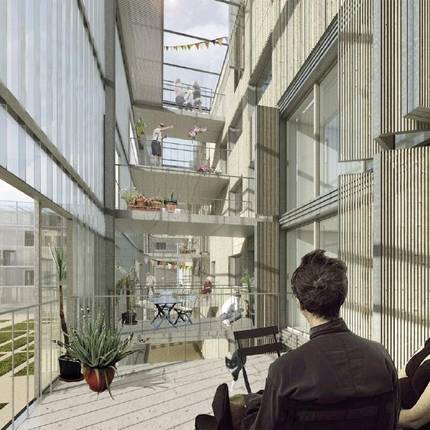
But for this to really work, the key is to remove the dispersed structure of cities. “Now neighborhoods are not autonomous or complete. These monofocal and empty areas are not attractive. What we like humans is to meet and share with other human beings. It is therefore a question of creating multifunctional structures in smaller cores. “So, in the neighborhood and within a kilometer radius, people would have the services they need to respond to the needs. Walking or cycling”. This would reduce urban energy consumption and significantly improve air quality.
“We do not value enough, but in Euskal Herria many people have an unbeatable size. Especially in Gipuzkoa and Bizkaia,” she believes. “Unlike what happens in Europe, we are in a very good situation – or to work on that local scale. But it's important not to close people's shops. Otherwise, everything will be lost. As well as official housing, official protection stores or hospitality stores should be created if you see the neighborhood needs it.”
However, this reorganisation cannot call for further construction. So far, towns and cities have grown steadily because it was the way to fund themselves more. Nor should old buildings be demolished. “The key is in the rehabilitation of buildings and the densification of some already built neighborhoods: Well isolate the old workers' homes of the 1970s, put solar panels and join a beautiful prefabricated terrace. It's a solid model that comes from Europe."
On the other hand, mobility networks should be revised: “They must be in public transport. The vehicle itself is not sustainable.”
Along with the slowdown, urbanism, economics and anthropology, significant challenges will emerge. The future will say whether they have served to live better.
Buletina
Bidali zure helbide elektronikoa eta jaso asteroko buletina zure sarrera-ontzian




